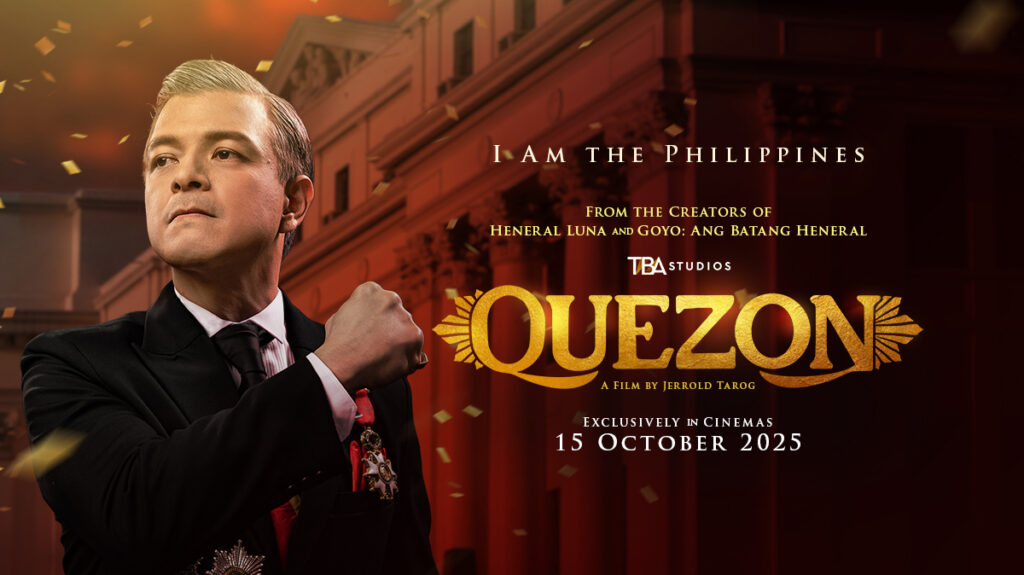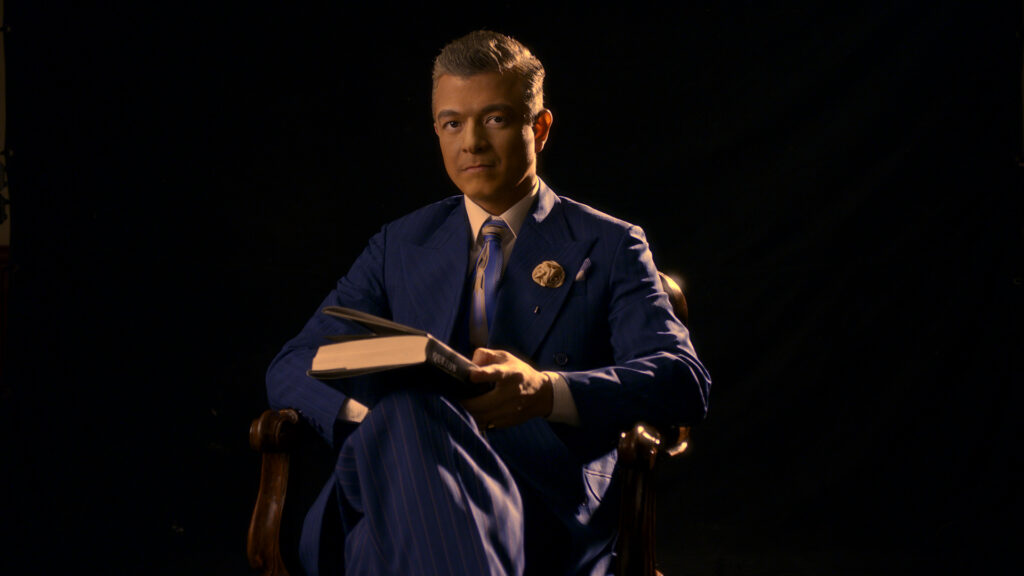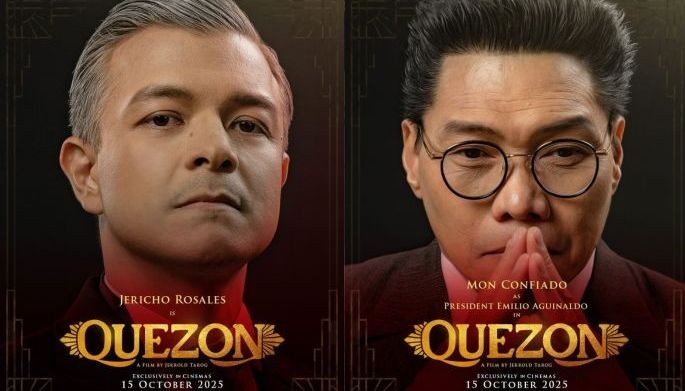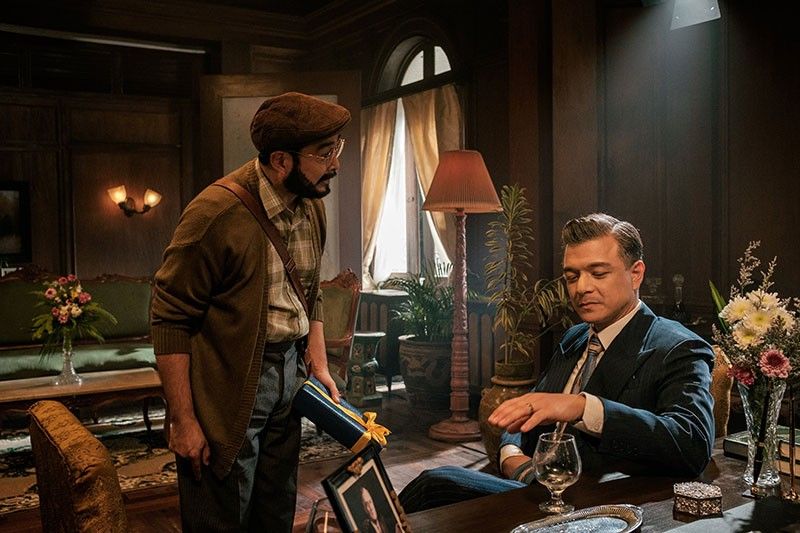When Corruption Becomes Tradition

Now, before anything, I just want to preface this article as a reflection of what I think the Quezon movie is about and what I think it’s trying to tell us. It is NOT a direct reflection of the real-life Manuel L. Quezon or others. This is a deep dive on the movie, not the real people—reality is much more nuanced.
Nevertheless, Quezon deeply challenged me by presenting very challenging circumstances in the movie where we see a seemingly good man lead a nation, but perhaps at the cost of its future.
In Quezon, Jerrold Tarog doesn’t give us a saint. He gives us a statesman who’s charming, strategic, and at times morally compromised, navigating the power games that defined the birth of the Commonwealth. Unlike Heneral Luna’s fiery nationalism or Goyo’s tragic vanity, Quezon confronts a subtler disease: corruption not as crime, but as custom. Here, politics is a chessboard, not a battlefield; survival demands maneuver, not martyrdom.
It’s a film that dares to ask a question we still struggle with: Are Filipinos ready for independence?
Because what good is freedom if we’re still enslaved by our own traditions of corruption, indifference, and complicity?

From Heroes to Habits
Across Tarog’s trilogy, there’s a clear evolution.
Heneral Luna was furious at betrayal and how personal interest crushed unity.
Goyo was sorrowful and how “hero worship” blinded a nation.
Quezon is a confrontation and how “compromise” became a system, and how corruption became as old as tradition.
If the first two films mourned lost virtue, Quezon examines its slow decay. It shows that corruption, once repeated long enough, ceases to shock us. It becomes culture. It becomes “the way things are done.”Political scientists call this path dependency: when bad habits get baked into the system, sustained by those who benefit and tolerated by those too tired to resist. Once corruption becomes tradition, breaking it feels impossible.
Unless, of course, something or someone interrupts it.
Tradition Is Not Destiny
History tells us that change can happen.
Singapore’s transformation under Lee Kuan Yew wasn’t magic. It was moral discipline turned into policy. Indonesia’s KPK fought decades of normalized bribery through transparency and civic vigilance. South Korea’s candlelight protests reminded the world that collective outrage, when grounded in moral conviction, can restore a nation’s soul.
These nations prove that corruption, though deeply rooted, is not inevitable. But the real lesson isn’t about strongmen or new laws. It’s about citizens.
Because when corruption is tradition, the state isn’t the only culprit. Every citizen who shrugs off a small bribe, every voter who sells a vote, every bystander who says “ganyan talaga” — all of them, all of us, become part of the machinery.
That’s what Tarog’s Quezon quietly asks: What if the sickness isn’t just in our leaders, but in our reflection?

The Burden of Independence
In the film, Quezon fights for an independent Philippines, but he’s haunted by doubt.
Are we ready to govern ourselves? Do we even know what independence means?
That question still echoes. Because independence isn’t a date we celebrate; it’s a duty we live out every day. True independence demands self-governance and not just from the government, but from the people it serves.
This is where virtue ethics comes in. A republic survives not only through laws, but through citizens who practice honesty, restraint, and courage even when no one’s watching. The habits of a moral people, integrity, empathy, and accountability, are the unseen scaffolds of a working democracy.
It’s easy to demand better leaders. It’s harder to become better followers.
The Real Revolution Is The Conscience Within
If corruption has become our tradition, then the revolution must be internal. We can’t legislate integrity into existence. We must live it daily, stubbornly, consistently.
We must reject the comfort of cynicism. We must rediscover civic virtue, calling out misconduct, voting wisely, respecting rules not because we fear punishment, but because we value order.
And here the trilogy folds back on itself. Heneral Luna once warned, “Mayroon tayong mas malaking kaaway kaysa mga Amerikano — ang ating sarili.” That line still burns with relevance.
Because our greatest enemy in this fight isn’t just corrupt politicians or broken systems, it’s our own apathy, our own moral laziness.
To win this war, we must first conquer the fog of war within our hearts and minds.
We must become sincere, genuine citizens who act with conscience; who show compassion to neighbors; who choose goodness even when no one’s watching.
That is the maturity independence demands, pride that’s deeply rooted in principle.
Pinoy Pride must evolve. It has to mean more than a tired catchphrase. It must stand for principle—the everyday commitment to honesty, empathy, and civic responsibility.
Pride, after all, without moral grounding, is just noise.

So What’s Quezon About?
To be truly independent, we must rise not just in protest, but in principle. United in arms, yes, but also in our conscience.
That’s how we finally earn the independence we keep celebrating.
Jerrold Tarog’s Quezon was a challenging movie to watch because, though some depictions are fiction, they feel too close to home. I do hope people find this reflection of mine, and I hope I provided some clarity on what Quezon is all about.
When corruption becomes tradition, reform begins with conscience.
When leadership fails, citizenship must rise.
Rise.
-Migo





